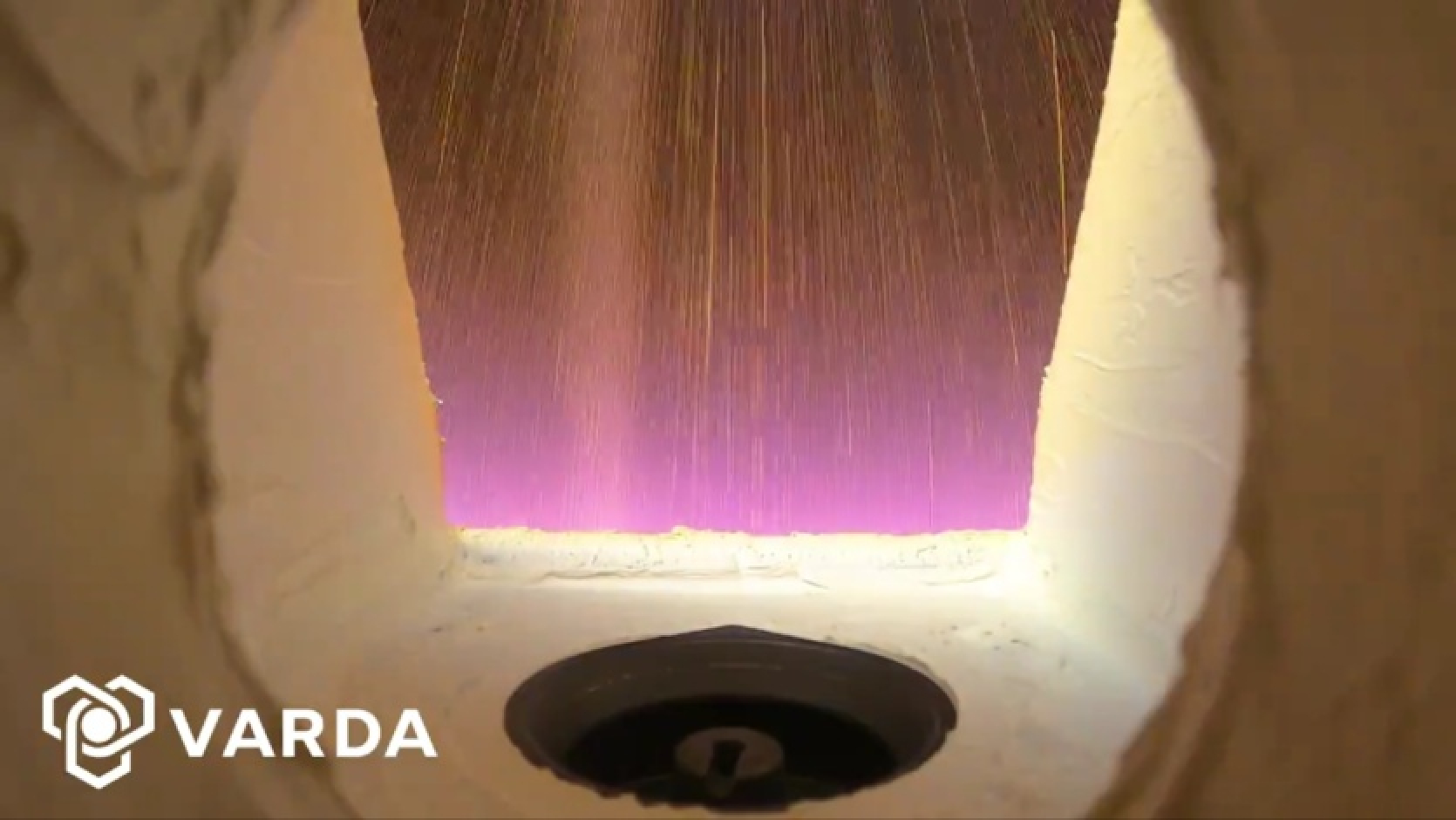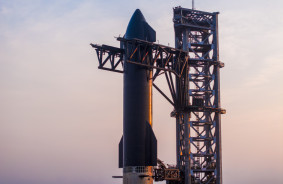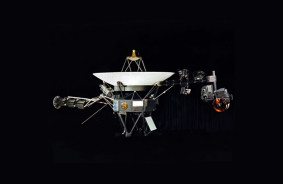The company installed a camera on its private capsule W-1 to document its first mission returning to Earth.
The nearly 30-minute video, published on YouTube, includes footage of the spacecraft detaching in orbit, the "fiery" reentry into the atmosphere, and a slightly rough landing at a military range in Utah. According to Ars Technica, W-1 spent about 8 months in low Earth orbit until Varda Space obtained all regulatory approvals for landing in the United States.
"Video from our capsule tearing through the atmosphere at 25 Machs - raw, unprocessed footage," wrote Varda Space in the video description.
Here's a video of our capsule ripping through the atmosphere at mach 25, no renders, raw footage: pic.twitter.com/ZFWzdjBwad
— Varda Space Industries (@VardaSpace) February 28, 2024
Varda, which collaborated with Rocket Lab on this mission, is attempting to develop mini-laboratories capable of producing pharmaceuticals in orbit - in this case, the drug Mitonovir for treating HIV infection (the development will be further analyzed by Improved Pharma, based in Indiana).
Researchers have already determined that protein crystals, grown in space, can form more perfect structures compared to those grown on Earth. The resulting substances can be used to create medications that the human body could more easily assimilate, or overall more effective medications with longer shelf lives. One key example of research conducted on the ISS is the active ingredient pembrolizumab, used in Keytruda cancer immunotherapy drugs (crystals formed in space allowed the creation of a more stable drug that can be administered through a short injection, rather than the long intravenous infusion currently used).
Capsule W-1 was launched on a Falcon 9 rocket in June 2023. Before reentering the atmosphere, it was attached to the Rocket Lab Photon spacecraft, which provided power, communication, and altitude control, and after detachment from the capsule, burned up in the atmosphere.














Comments (0)
There are no comments for now